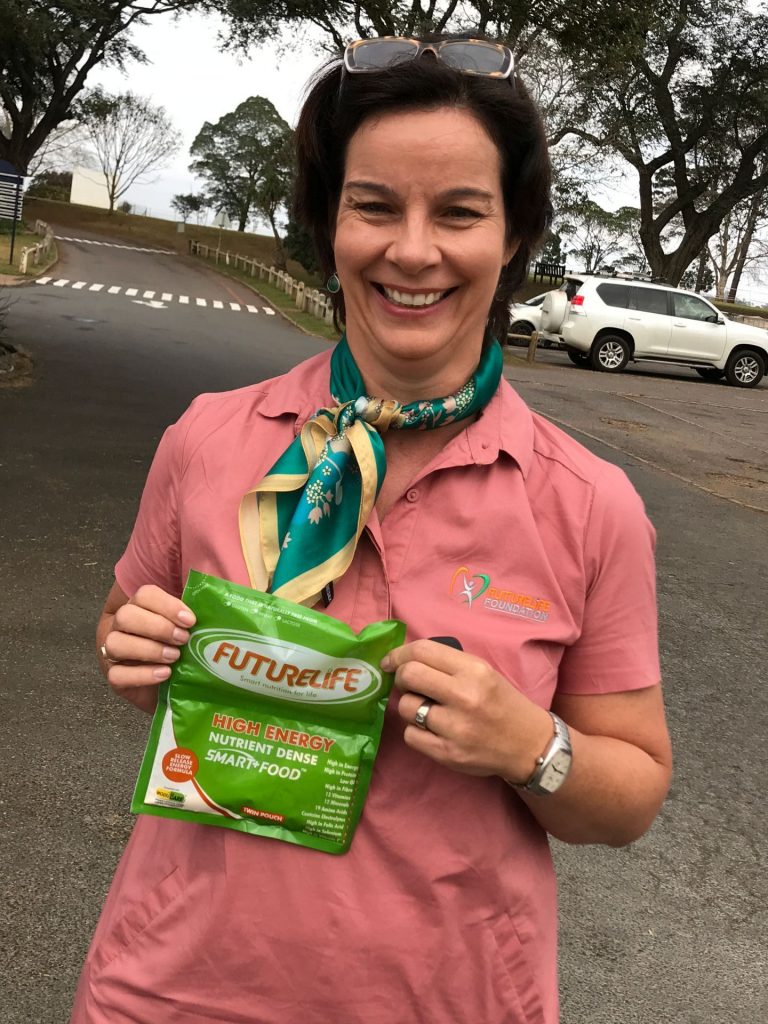This post is the fourth in a series about my experience while teaching and traveling this summer in South Africa. Here are the links to the previous posts:
Impact of Caring: Post 1 – Faaidah and Mahavia
Impact of Caring: Post 2 – Fiona and Cheryl
Impact of Caring: Post 3 – Kannemeyer Primary School

Julika Falconer
I am very fortunate because I have enough food to eat on a daily basis. I have a job that pays enough for my shelter, food and extras that I need. However, there are thousands of children who wake up hungry everyday.
According to a 2014 blog post published by Bordon Project, a nonprofit agency that addresses poverty and hunger, over 11 million South African children are unsure when or where they will get their next meal. Jobs are scarce or pay very little and directly influence the amount of food parents can provide for their children. When children come to school undernurished or suffer from the effects of a lack of proper nutrients, it makes learning even more difficult. Without proper nutrition, the full capacity of what a child can achieve educationally is dramatically reduced.
I had the great fortune to meet a person who have devoted a major portion of her life helping feed vulnerable and impoverished children. I believe she is a lifesaver for many needy children. Julika Falconer is the CEO of FutureLife Foundation, the charity arm of FutureLife, a company which has supplied over 9 million nutritious meals to needy children since 2009. She has been instrumental in finding financial sponsors so the children at Inchanga Primary School where I visited can begin their day with a nutritious breakfast. Having breakfast has positively impacted the learning for the children at Inchanga. Instead of starting their day hungry, they are able to have a quick nutritious meal and then have the capacity to concentrate on their lessons and do better in school.
What was most striking about the food packet was that nothing else was needed to eat. Children didn’t need a separate spoon, cup or dish. They could simply compress the packet to open the middle seal, rub the pouch, tear open a corner and drink the contents. The plastic bags are then collected, recycled and made into hard plastic benches which are donated back to the school. The program is a winner from all sides of the table. I look forward to working more closely with the staff at Inchanga knowing that they are linking forces with as many agencies as possible to make sure their students can achieve their full potential.
This blog posted was cross-published on my Books to Africa Partnership blog site.

